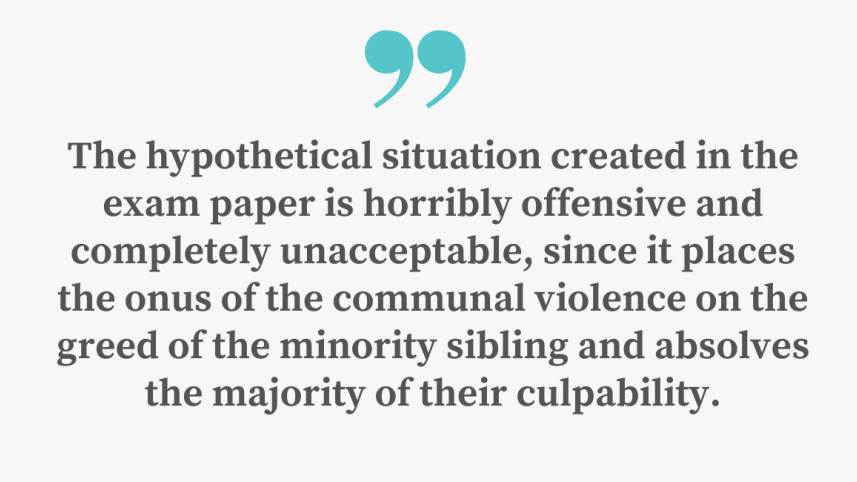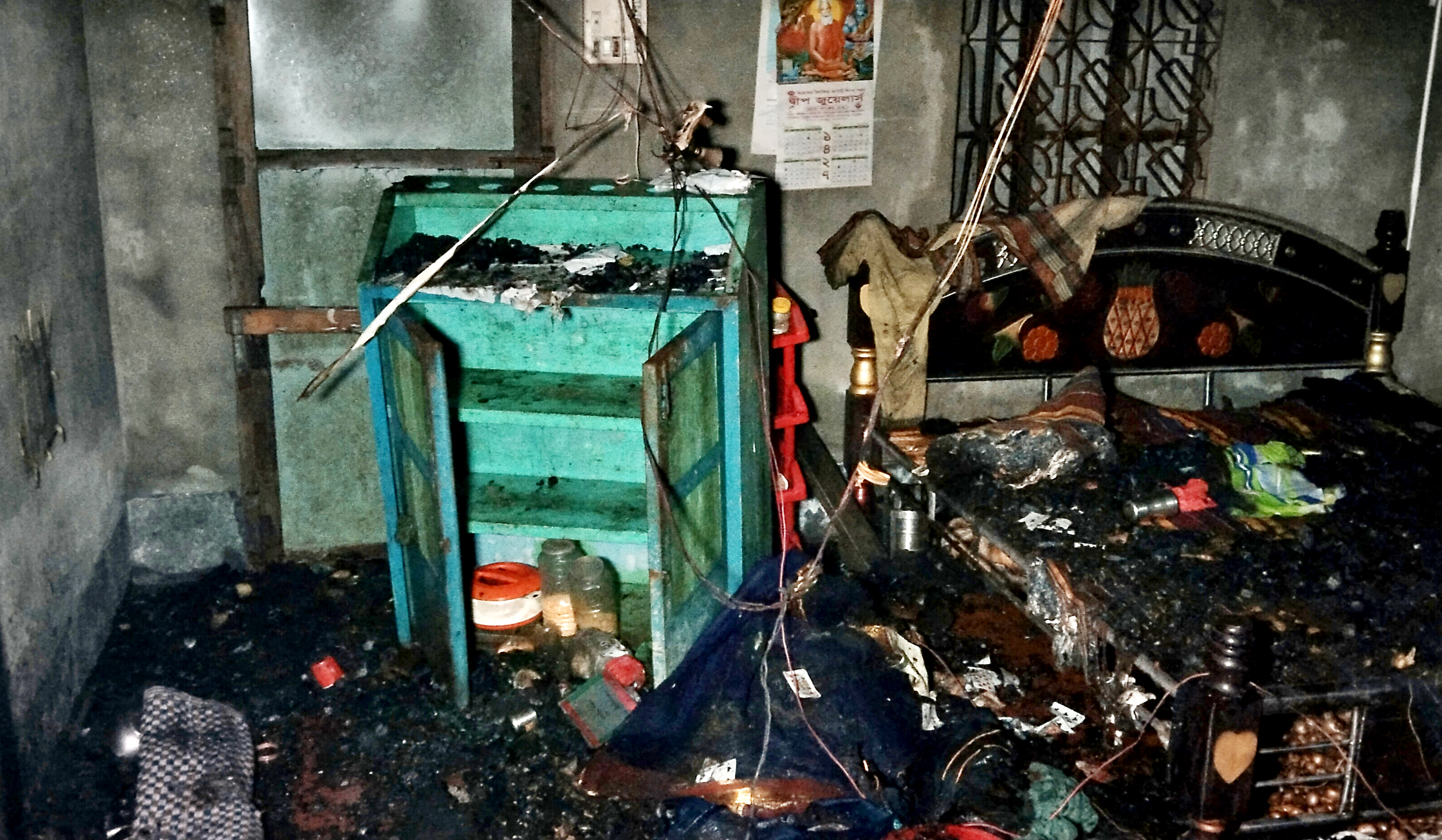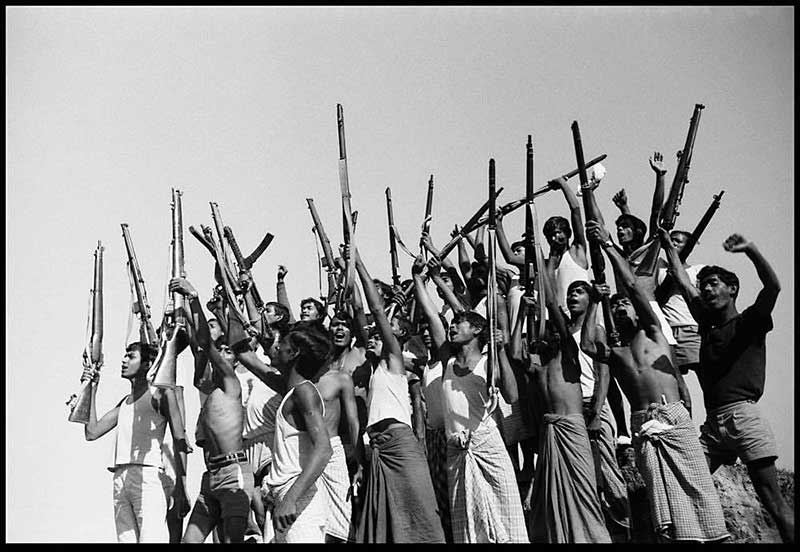Education should spread knowledge, not communalism

In any functional society, education is supposed to play a crucial part in dispelling ignorance, not in adding to it. Which makes it all the more shocking that an exam question has been found to be hurtful to the religious sentiments of the Hindu community – that too in the HSC examinations, which are being taken by over 12 lakh students across the country.
According to a report in this daily, the creative part of the exam's Bangla first part told the story of two Hindu brothers in a long-standing dispute over land, at the end of which one brother leaves his homestead and moves to India. This occurs because a Muslim man slaughters a cow on his land. However, the story suggests that this was a direct result of the brother's actions, since he sold the land to a Muslim to "teach his brother a lesson", but was then forced to leave after he was saddened by the slaughter. The story then moved on to compare him to Mir Zafar, and asked questions with relation to untrustworthy family members.
This entire exercise is as problematic as it is baffling. Setting aside the bizarre subject matter and comparison, it portrays the Hindu community negatively and makes light of a very serious issue – the communal violence that has taken away land from many minority communities, some of which had been in their families for generations, and forced them to move elsewhere.
In recent times, we have seen a number of such incidents of violence flare up in the country. According to Ain O Salish Kendra, at least 1,642 Hindu houses have been attacked or destroyed between 2013 and June 2022, and over a thousand people have been injured. And we have continued to see more such attacks, including immediately after the period surveyed, when a mob vandalised a temple and several homes of the Hindu community in the Lohagara upazila of Narail. Every year, we see reports of sporadic violence and vandalism of idols in the run up to the religious festivals of minorities.

Instead of designing questions that recognise the uncertain and frightening circumstances facing many minority communities in Bangladesh, how can an education board come up with questions that vilify their hardships instead? The hypothetical situation created in the exam paper is horribly offensive and completely unacceptable, since it places the onus of the communal violence on the greed of the minority sibling and absolves the majority of their culpability.
We appreciate that the education minister has promised to take a strong stance on this issue, and that the teachers responsible for this question have already been identified. But the relevant authorities cannot look upon this as an isolated incident while a climate of fear continues to hover over minority communities. We cannot allow communal hatred and bigotry to seep into spaces meant for knowledge and understanding, and any attempts to do so must be investigated with the utmost seriousness.



 For all latest news, follow The Daily Star's Google News channel.
For all latest news, follow The Daily Star's Google News channel. 

Comments